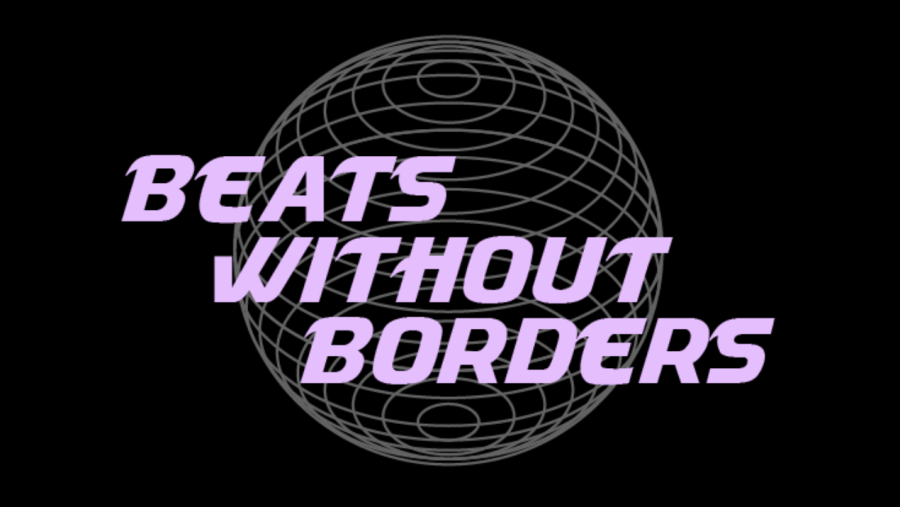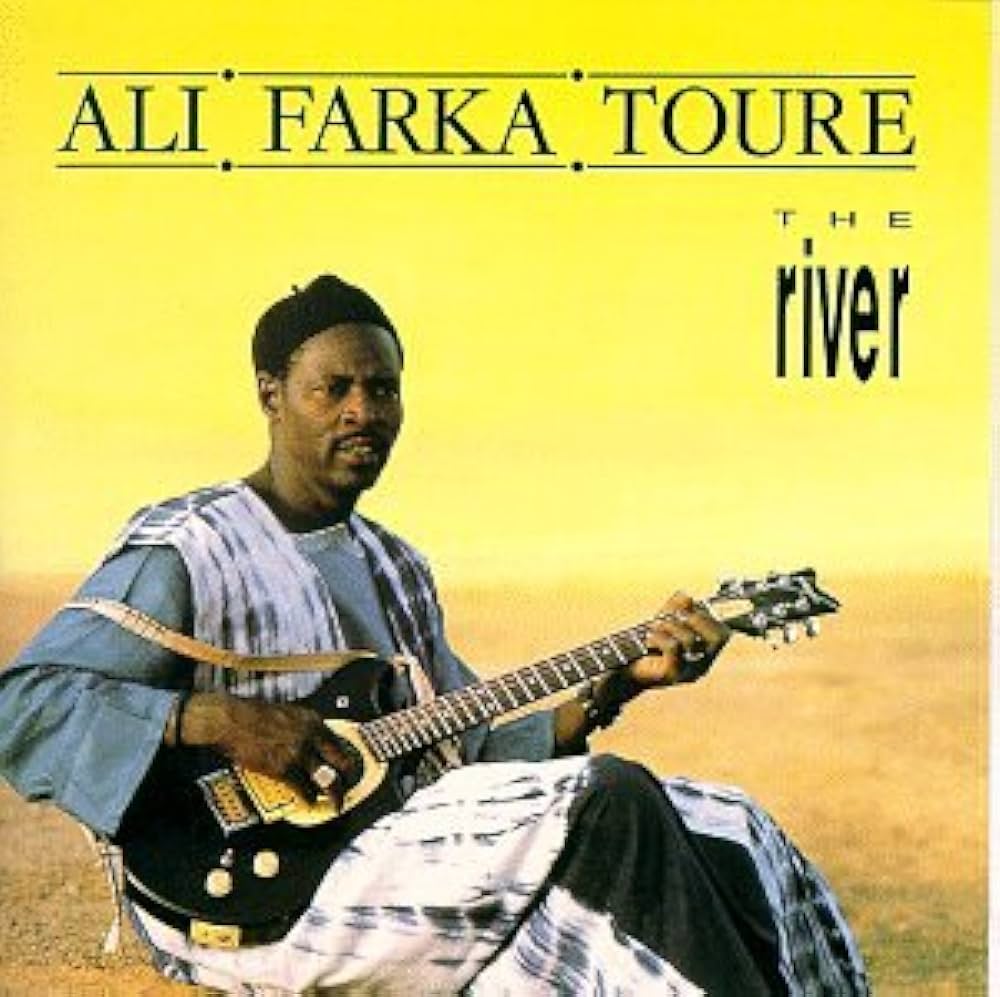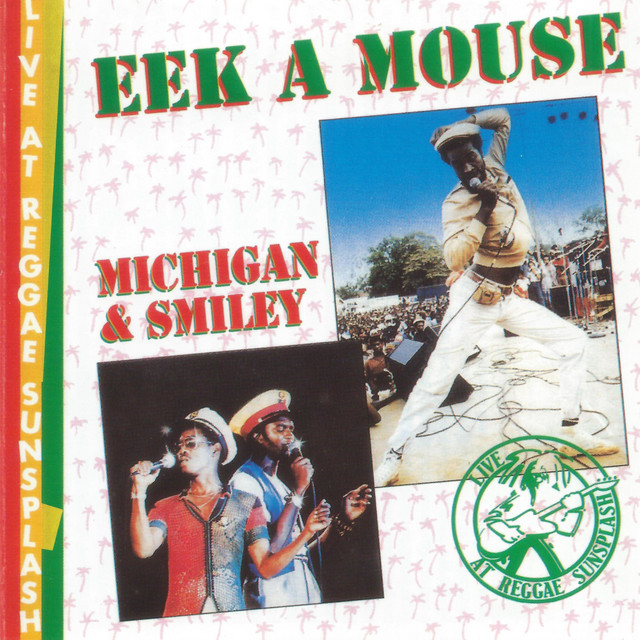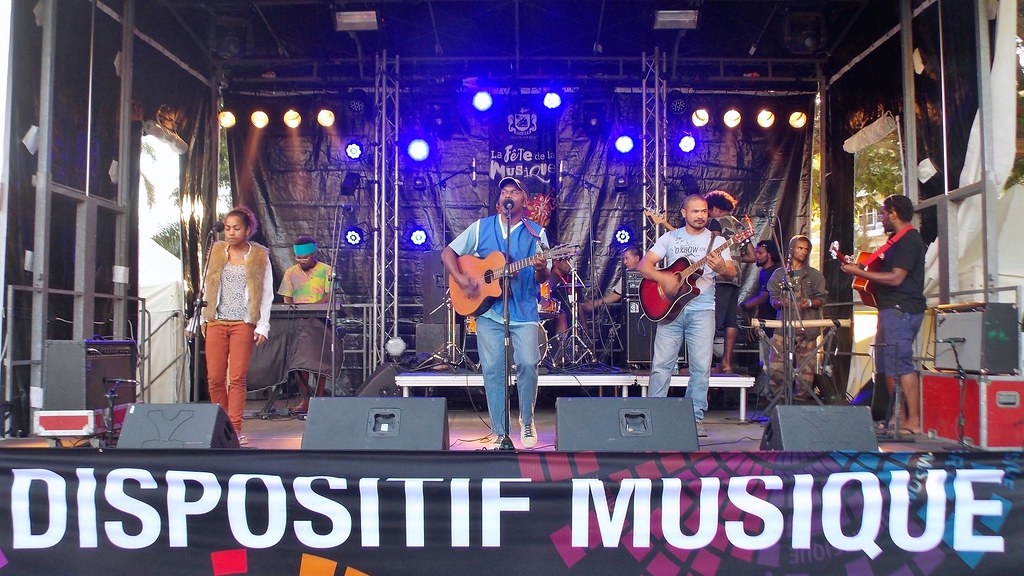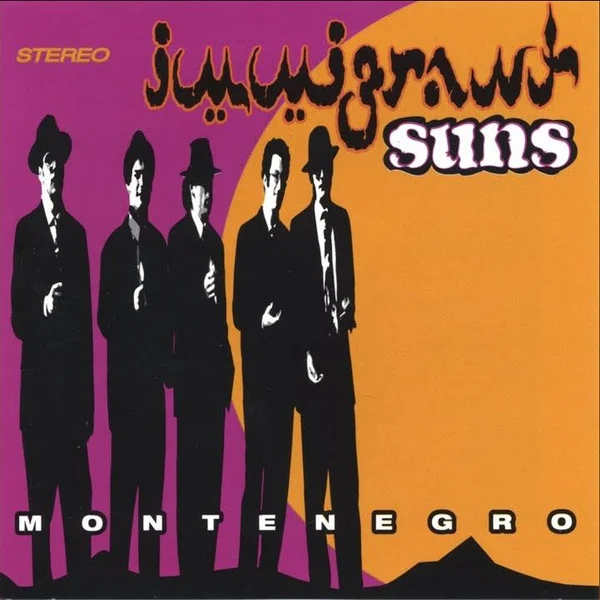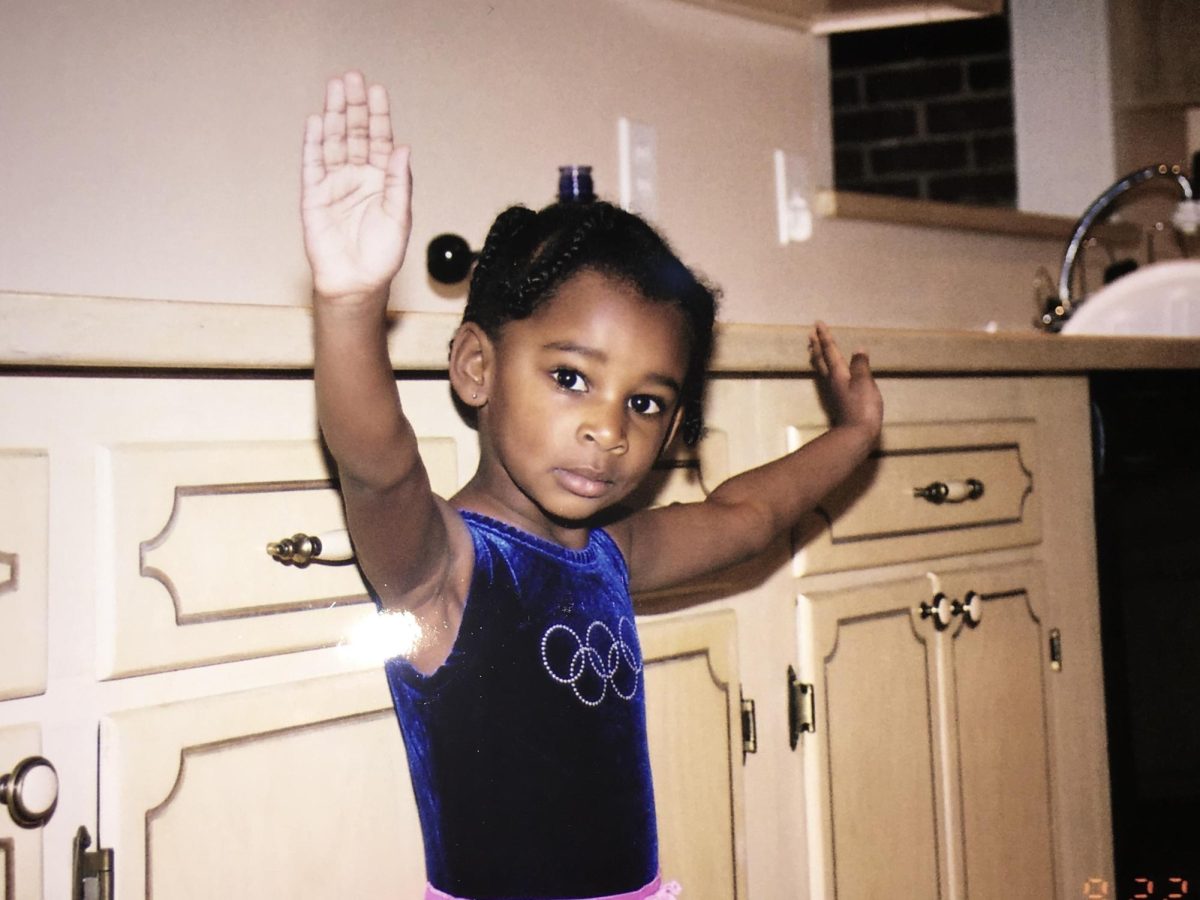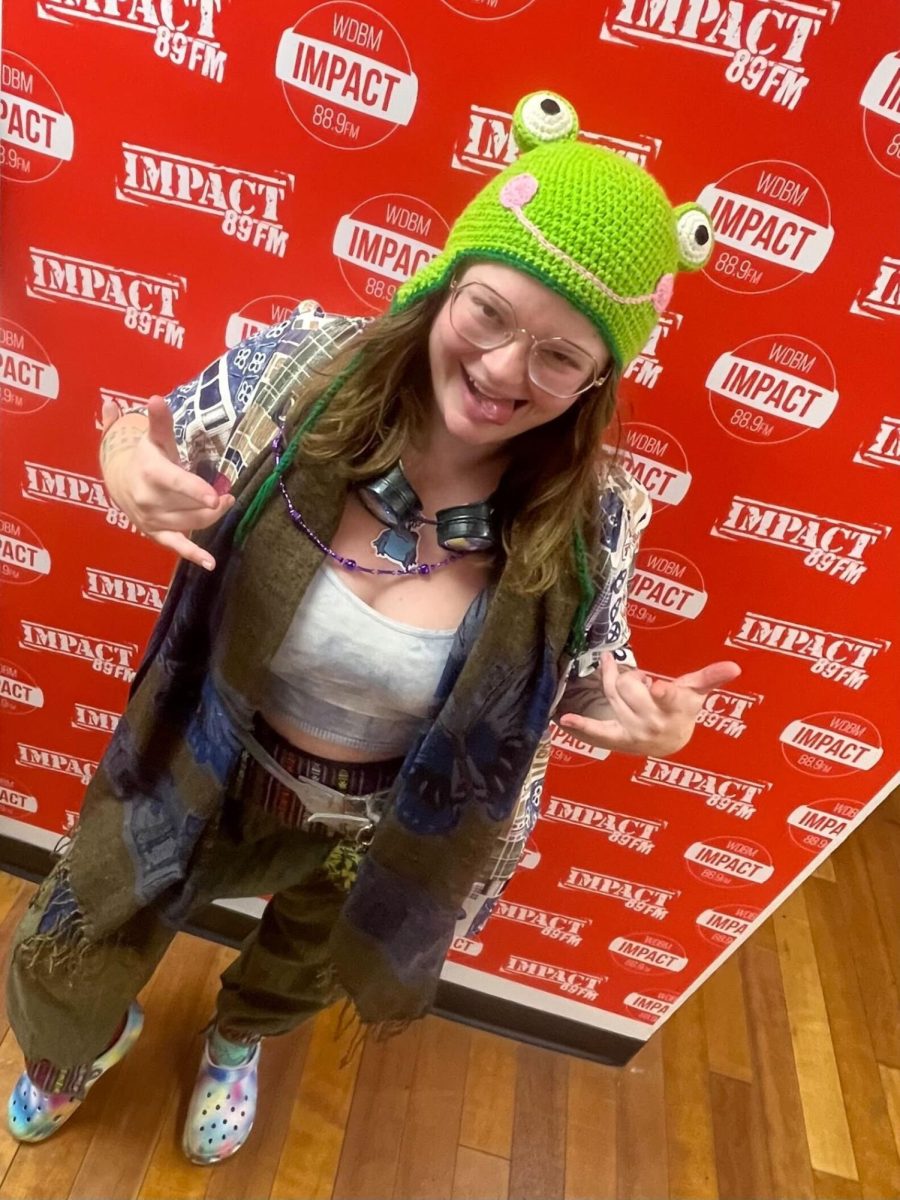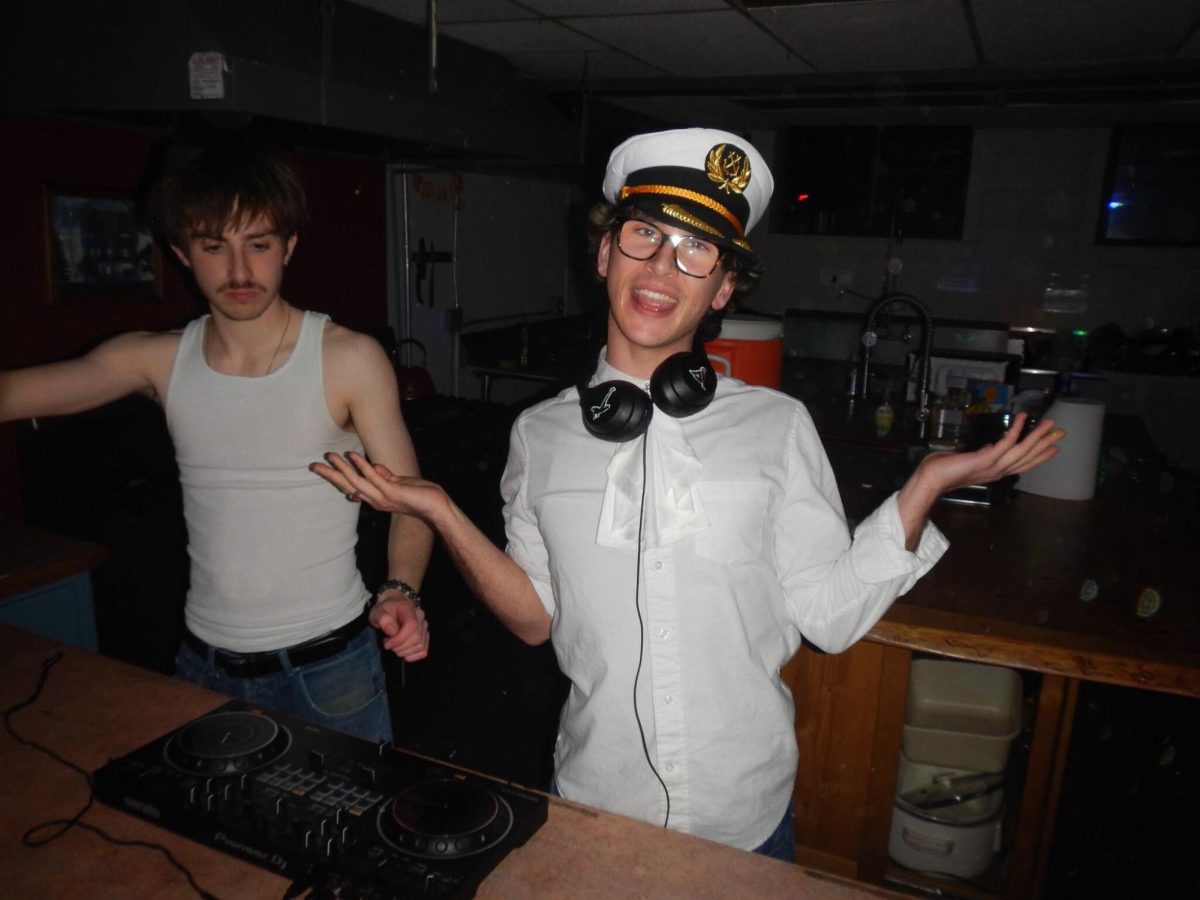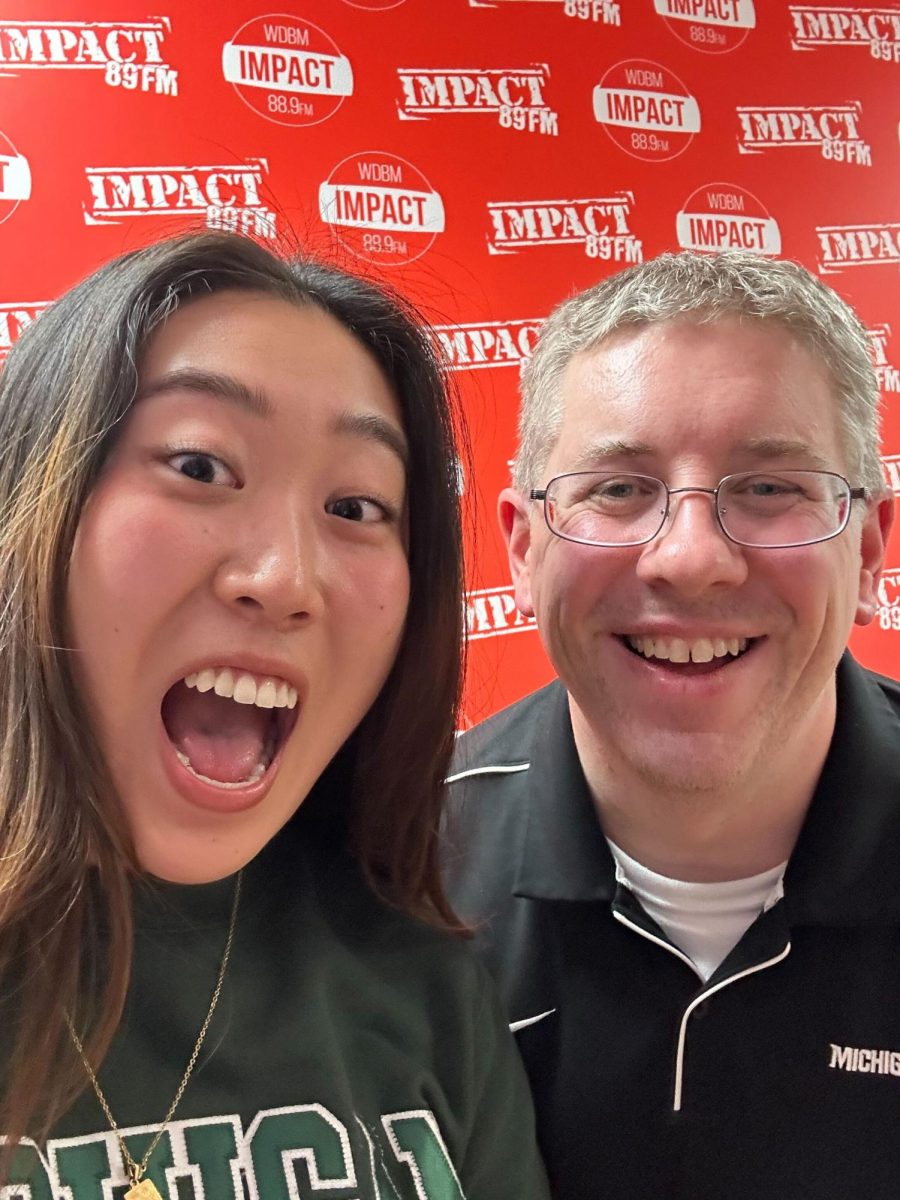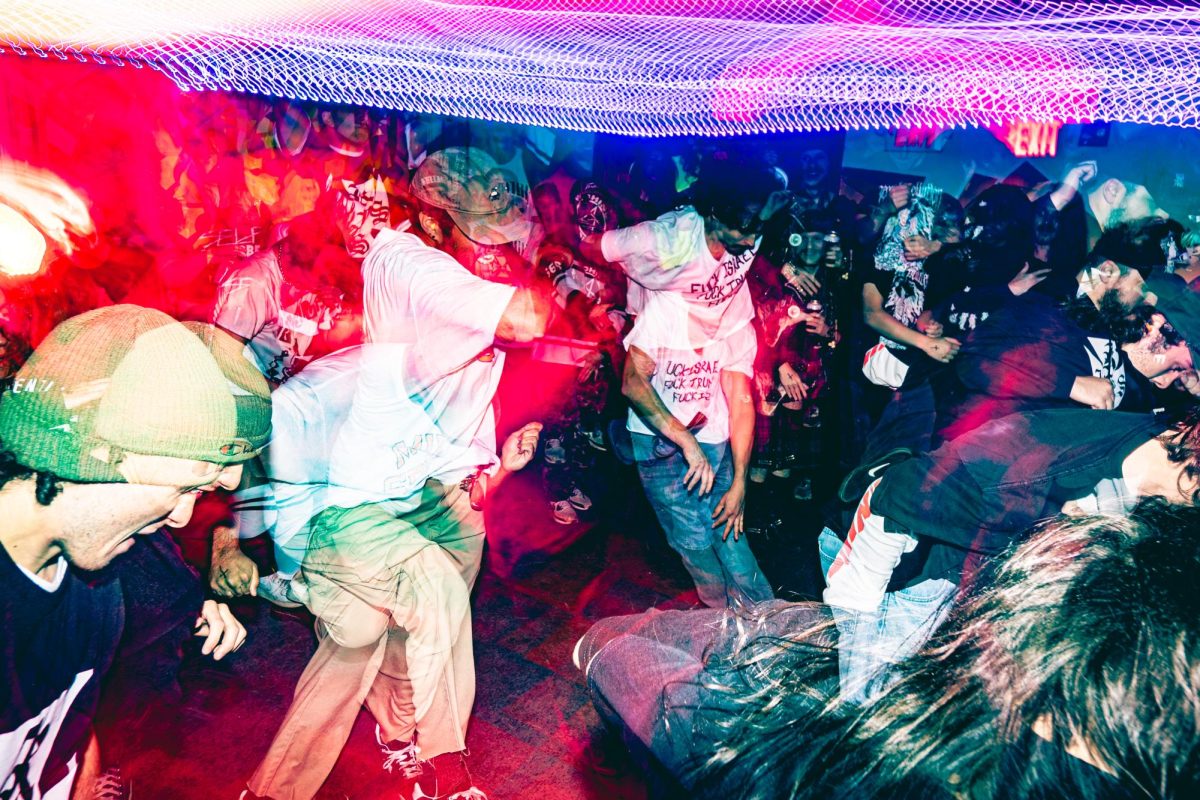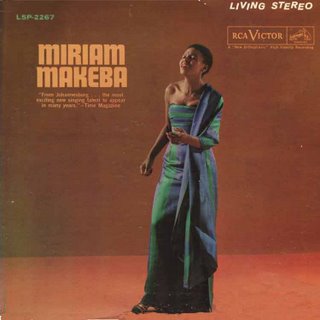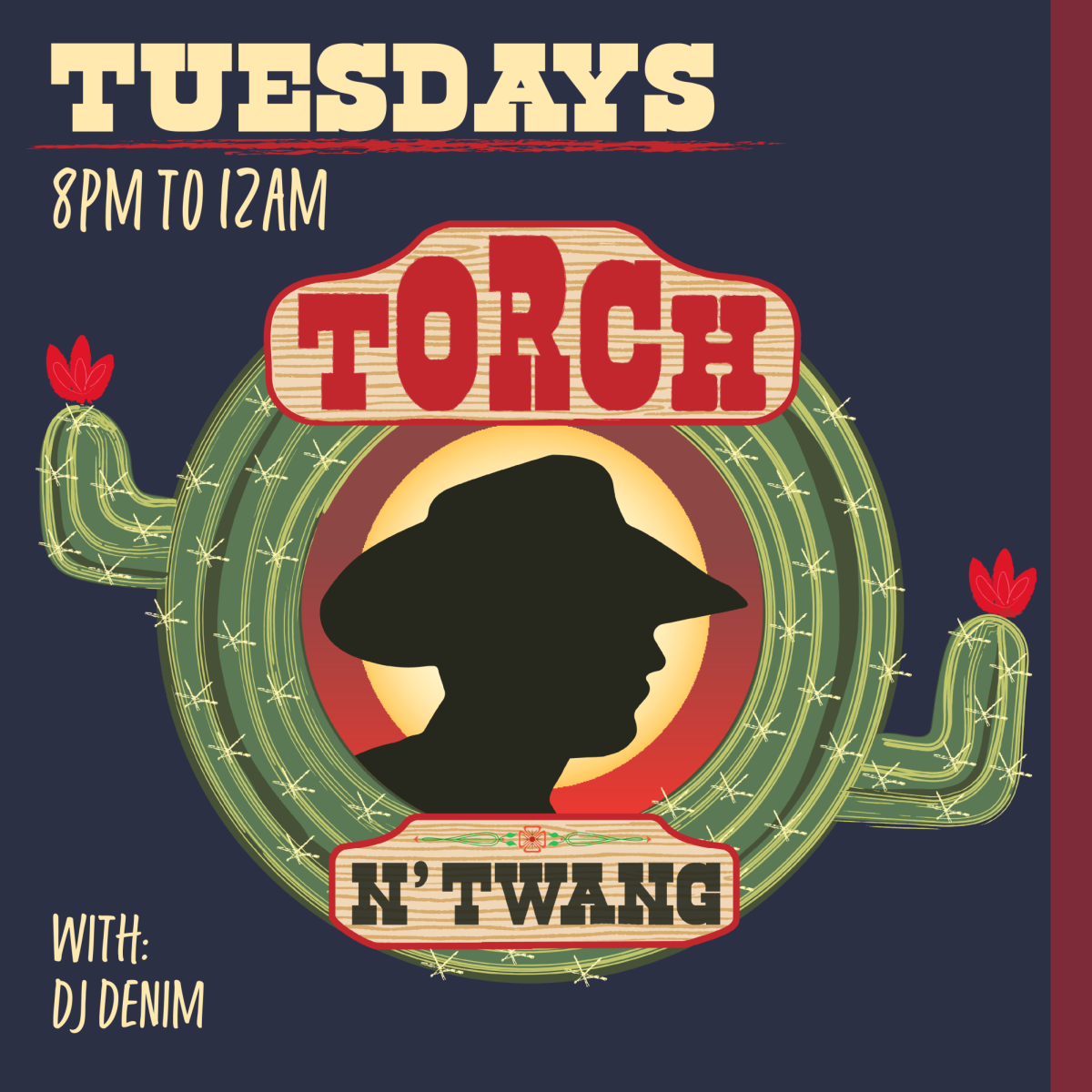Sometimes, the best things in life seem to come completely out of left field. For me, the way I discovered the music of the legendary Gabonese afro-zouk and soukous artist Oliver N’Goma is exactly that.
One day, I was scrolling through Instagram Reels like a heathen and found a page where the man behind the account mashes up odd instrumentals and vocal tracks and somehow makes it work almost completely naturally. The first one that I saw was Loreen’s song “Tattoo” over the beats of Wizkid and Tems’ “Essence,” and as I scrolled through the page, I came across a mashup of N’Goma’s “Bane” and ScHoolboy Q’s “Man of the Year.” While the fit of the song was what really caught my attention, the beat kept it there. Needing more, I sought out his discography, and it led me here.
Oliver N’Goma was born in March of 1959 in Mayumba, Gabon, quite close to its border with the Republic of the Congo. However, opportunities related to education aren’t very plentiful in southern Gabon, so his family left for the capital, Libreville. There, he began to study accounting, but those lessons didn’t interest him much at all. As such, he joined a school band called Capo Sound, where he learned to play guitar. His love of film and filmmaking led him to Gabon TV, where he became a cameraman, moved to Paris and mastered his demo tapes. As is typical with aspiring singers, he shared his tapes with producers. Manu Lima, a Cabo Verdean producer, was quite impressed with the tapes, and handled the direction of his first album, Bane.
Lima had been successful in relaunching the careers of African artists in the West, such as Ivorian Monique Séka and Congolese Pépé Kallé, so launching the career of a newcomer wouldn’t be that hard. And launch a career Lima did. N’Goma’s debut album initially saw modest reviews, but in 1990, “Bane” skyrocketed in popularity, where it became a staple in discotheques. Even today, over three decades after its release, it is still a staple across the Francophone world, even making its way to markets like Kenya, where they may not have understood the lyrics. Like “Bane,” another track from the album, “Icole” became quite the popular track. Even with both songs’ melancholic lyrics, the dance floors they controlled so many years ago are still in their grasp.
The hitmaking duo of Lima and N’Goma would be back again for N’Goma’s sophomore album, Adia. Living up to the high expectations set by Bane would be a Sisiphyian task, but they somehow managed to live up to them. Speared on by the title track of the same name, they managed to light up the musical world once again after four years. Sadly, N’Goma’s third album Seva saw the pair separate in 2001, but they would reunite for N’Goma’s fourth and last album, 2006’s Saga.
Unfortunately, in his final days, N’Goma was battling kidney failure. On June 7, 2010, he passed away at age 57. His career was still in full swing, so dozens of songs were likely robbed from us. However, his legacy still continues on, like with “Nge” being sampled in Fivio Foreign’s freestyle “Self Made.” As the world continues to look to music of the past for songs to repurpose, who knows what songs of his will find a second life?



